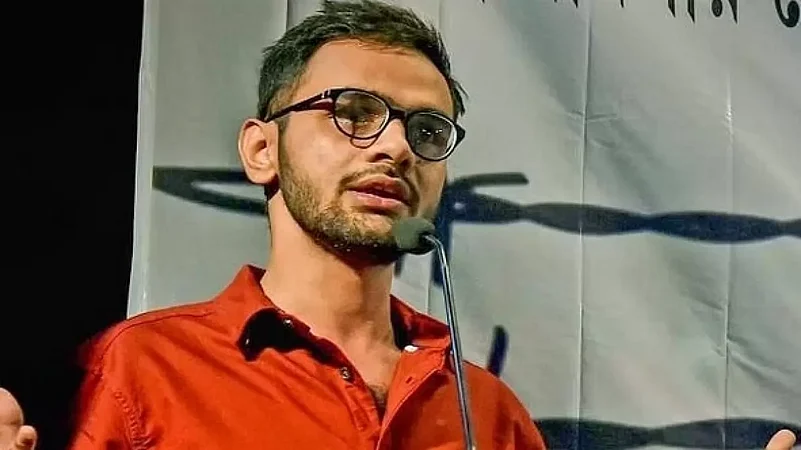The Supreme Court on Thursday sought a response of the Delhi Police on a plea of former JNU student Umar Khalid seeking bail in a UAPA case related to the alleged conspiracy behind the riots here in February 2020.
In his appeal, Khalid has challenged the Delhi High Court order refusing him bail in the UAPA case in which he is in custody for over two years.
What did the SC say?
A bench of Justices AS Bopanna and Hima Kohli issued notice to the Delhi government and sought its response in six weeks.
Senior advocate Kapil Sibal, appearing for Khalid, pointed out to some dates and said that on the date of incident he was not there.
The bench said it is issuing notice and granted liberty to seek listing of the matter vacation bench.
Sibal said that the matter be listed after the vacation.
The bench then posted the matter for further hearing after the summer vacation of the apex court, which is starting from May 22 and coming to end on July 2.
The case so far
On October 18, last year, the high court had rejected his bail plea saying he was in constant touch with other co-accused and allegations against him are prima facie true.
The high court also said the actions of the accused prima facie qualified as “terrorist act” under the anti-terror law UAPA.
Khalid, Sharjeel Imam, and several others have been booked under the anti-terror law Unlawful Activities (Prevention) Act (UAPA) and provisions of the Indian Penal Code for allegedly being the "masterminds" of the February 2020 riots, which left 53 people dead and over 700 injured.
The violence had erupted during the protests against CAA and NRC.
Khalid, arrested by Delhi Police in September 2020 has sought bail on grounds that he neither had any criminal role in the violence nor any "conspiratorial connect" with any other accused in the case.
The Delhi Police, in the high court had opposed the bail plea by Khalid, saying the speech delivered by him was “very calculated” and brought up issues like Babri Masjid, triple talaq, Kashmir, the alleged suppression of Muslims and the Citizenship (Amendment) Act (CAA) and National Register of Citizens (NRC).
(With PTI Inputs)


























